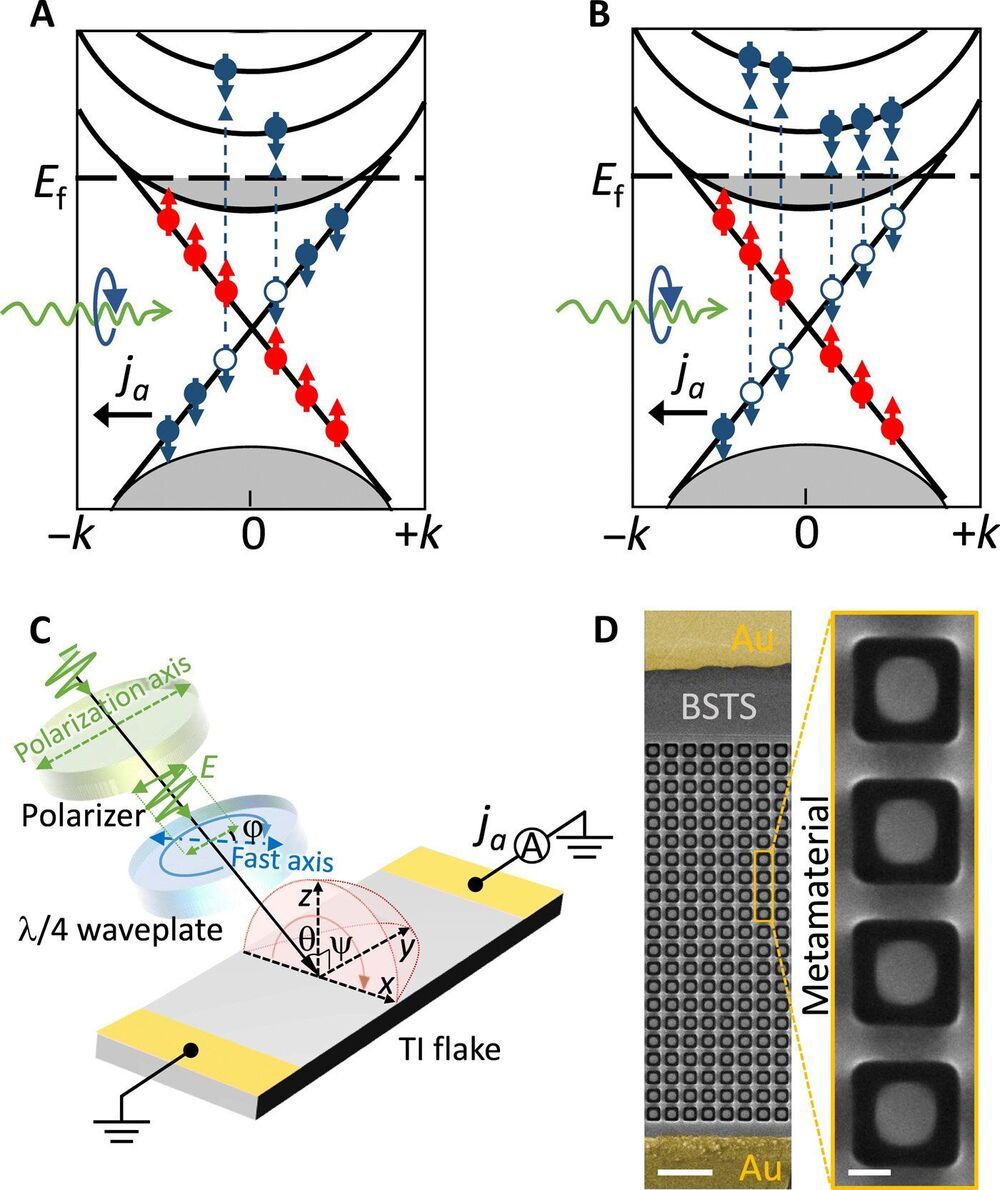As the Times reports, researchers have been puzzling over the age of the Shigir sculpture for decades. The debate has major implications for the study of prehistory, which tends to emphasize a Western-centric view of human development.
In 1997, Russian scientists carbon-dated the totem pole to about 9500 years ago. Many in the scientific community rejected these findings as implausible: Reluctant to believe that hunter-gatherer communities in the Urals and Siberia had created art or formed cultures of their own, says Terberger to the Times, researchers instead presented a narrative of human evolution that centered European history, with ancient farming societies in the Fertile Crescent eventually sowing the seeds of Western civilization.
Prevailing views over the past century, adds Terberger, regarded hunter-gatherers as “inferior to early agrarian communities emerging at that time in the Levant. At the same time, the archaeological evidence from the Urals and Siberia was underestimated and neglected.”






